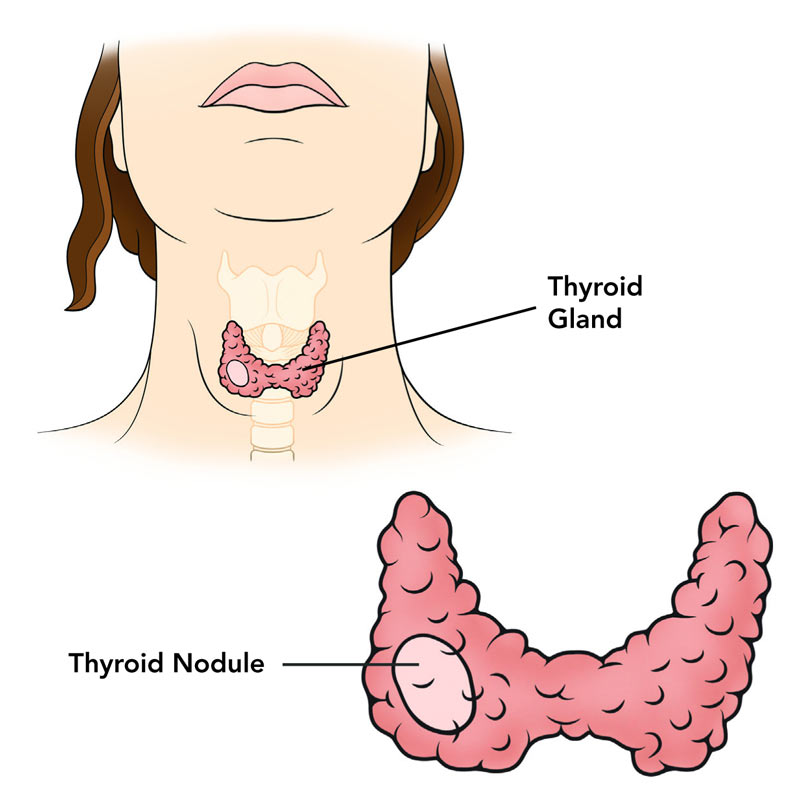Thyroid Disease
Danny Rose, Medical Writer, SMH, January 21, 2010
AAP
Scientists have drawn a link between chemicals used in the manufacture of non-stick pans and thyroid disease.
When elevated levels of perfluorooctanoic acid (PFOA) and perfluorooctanoic sulfonate (PFOS) were found in a person’s blood, it was shown to more than double their risk of developing the condition.
Commenting on the British research, Australian toxicology professor Chris Winder said it had raised “another flag” about man-made chemicals now suspected of having a cumulative and toxic effect on the body.
“Plastics made of PFOA, this time Teflon, have been around since the 1940s,” said Prof Winder who is Professor of Toxicology and Occupational Health at the University of NSW.
“We already know that it is found in the blood of people – usually at low levels – and we know about the toxic and carcinogenic effects of PFOA.
“This paper raises another flag about yet another plastics monomer that was considered safe … and may now be associated with adverse health problems in people.”
Researchers at the University of Exeter took samples from almost 4000 people, aged over 20, to measure minute concentrations of the chemicals found in their blood.
Those who fell in the top 25 per cent in terms of elevated concentrations were found to be more than twice as likely to report current thyroid problems than those with the lowest amounts.
Rising concerns over the chemicals have led to a wind down in their use internationally over the past decade, though they may still be used in the manufacture of non-stick cookware.
Australia’s National Industrial Chemicals Notification and Assessment Scheme advised in 2007 that “available evidence indicates that no PFOA would be released from cookware at or below normal cooking temperatures”.
The chemicals may also be used in the manufacture of imported stain and water-resistant coatings for carpets and fabrics.
“Thyroid disease is fairly common and a small increase may not be significant,” Prof Winder said, noting the link warranted further research.
Dr Diane Benford, Head of Toxicology of Food at the UK Food Standards Agency, also urged caution over the results.
“This type of study investigates associations and cannot establish causality,” Dr Benford said.
“Studies of workers with higher exposure to these compounds have not shown consistent evidence of increased risk of thyroid disease, which would be expected if effects are occurring in the general population.”
The research is published in the journal Environmental Health Perspectives.
© 2012 AAP

